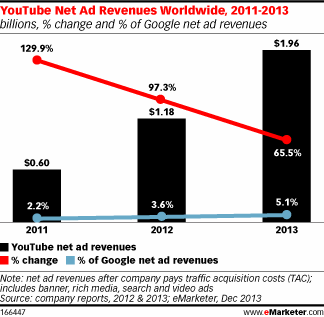It is no joke nor a laughing matter on how the elderly citizens of Hong Kong are treated. If you have the opportunity to follow and receive updates from Jennifer Ngo of the South China Morning Post, it will certainly keep your perspectives in check on what the government should be doing in supporting your final years.
How would you feel if one or both of your grandparents were living in a retirement home that kept them “naked or half-dressed on an open-air podium for up to 90 minutes before staff took them to shower?” I think that for those who have had a privileged upbringing should begin to recognize those ‘less well off’ and find it within themselves to, at the very least, discuss it with peers.
In light of the accumulated surplus the Hong Kong SAR Government has amassed, I am not sure what sort of rainy day intervention they are intending to allocate the funds towards. Any outcry of FX intervention would be moot at best as the surplus would not be sufficient in any serious circumstance.
You can find a copy of the government’s consolidated estimates here (PDF), a summary of the government revenue, i.e. rent, here (PDF), summary of the government expenditure (estimates) here (PDF), and Head 170 (social welfare department) here. I believe it is important to support individuals who report on social inequality the opportunity to weigh in on policy making. However, as with LegCo in Hong Kong, our policies seem to be discussed by individuals such as Carrie “horse shit hair” Lam.
The following is a copy-and-paste from the SCMP (due to the paywall):
“Elderly people in a nursing home at the centre of a storm over its poor treatment of residents face an uncertain future after the Social Welfare Department said it would not renew its licence when it expired tomorrow.
The decision follows reports this week that residents of the Cambridge Nursing Home in Tai Po were left naked or halfdressed on an openair podium for up to 90 minutes before staff took them to shower.
The department said in a statement yesterday that notice had been served to the home that its renewal application would be refused. It had a week to appeal.
The institution houses around 50 tenants on its third floor and 50 on the first floor. The second floor is currently under renovation.
Although the contract for the second and third floor expires tomorrow, it will remain valid until the department makes a formal decision.
Ms Lo, whose 90 year old mother has been living at the home for three years, paying over HK$10,000 a month, complained of being left in the dark.
“[Another elderly person’s relative] asked about the licence expiry, but no one gave a reply. No one told us anything,” said Lo. “I hope the Social Welfare Department will make some arrangements.”
But she did not believe it would be hard to find another place nearby. She said her mother was mobile and could care for herself. She and her two sisters take turns visiting her.
Ho Waiming, whose 83 year old father lives on the first floor, said she was appalled at the treatment of the elderly.
“It’s not acceptable,” she said. “But actually, I do know that private homes for the elderly are like this the quality isn’t too good. Unfortunately, my family really can no longer care for my father.”
A man surnamed Wong, who had made a HK$2,000 down payment to secure a place for his father, returned to the home yesterday for a refund.
“I was not notified that their licence was expiring. When I heard the news today, I decided to come over here,” he said. “I think [what happened] was quite atrocious.”
A department spokesman said it would not tolerate abuse of the elderly.
Social workers had started contacting affected residents and their relatives and were setting up a help desk. The department said there was an abundance of places in private homes for the elderly in Tai Po to provide residential care for all affected residents.
Cambridge Nursing Home, which runs 18 homes for the elderly, expressed regret for the incident in an advert published in several Chinese-language
newspapers yesterday. The group said it regretted the inconvenience
and damage caused to residents and their families.
“There is no way the institution can shirk responsibility for the incident. The institution promises it will continue to enhance management and improve services,” the group said. It added that the incident was an “individual”
case.
Calls to the institution were cut off and messages left at the owner’s company were not returned.
Secretary for Security Lai Tungkwok said yesterday that police were investigating.“



